Embryo Cryopreservation helps couple defer the time to have their baby
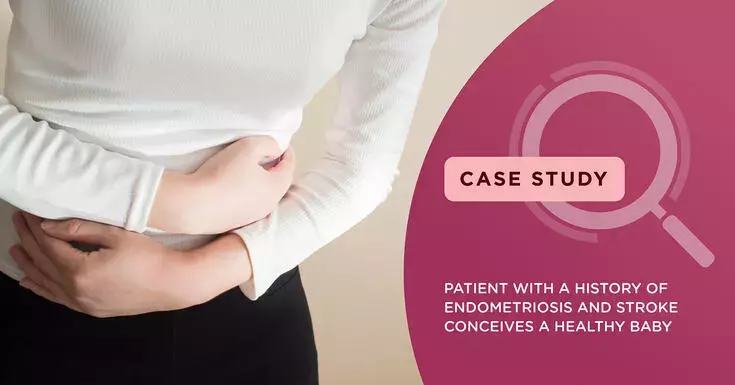
Two working professionals walked into the Nova IVF Fertility, Bangalore with the hope of having a baby. The woman was a 38 year old media professional and her husband, a 40 year old investment banker.
In their 10 years of married life, they had prioritised career and financial security before they planned for a kid. To support their profession, they usually worked odd hours and had a busy lifestyle. Once they felt they had stability, they then decided to have a baby.
The couple was not aware of the concept of social freezing (egg/sperm). For couples planning late pregnancy, it is advisable to freeze their eggs/ sperms/ oocytes and use them once they are ready for a baby. These advanced techniques can help defer the time of having a healthy baby for many such couples who prioritise their career vs starting a family in their 20s and 30s.
Cryopreservation helps defer pregnancy
Cryopreservation is an Assisted Reproductive Technique that allows freezing of oocytes, sperms or embryos so that these can be thawed and used whenever one needs these for managing fertility issues. Cryopreservation, whether done for cancer patients or other reasons, offers a back-up plan for parenthood to those who would be otherwise involuntarily childless.
While individually, men are advised to freeze their sperm and women their eggs, couples are generally advised to have their embryos frozen
Cryopreservation due to medical issues: Some people may have to resort to cryopreservation due to medical issues – e.g. chemotherapy or radiotherapy for cancer cure. Chemotherapy has an impact on production as well as quality of the sperm and egg. So those who get advised for such treatments should take advantage of ART and cryopreservation. Once they get done with their treatment, and they are ready for the baby, they can reach out to their facility and go through the rest of the IVF procedure and welcome their baby in their lives.
Cryopreservation due to social issues: Infertility in India, as well as in the rest of the world, is on the rise because many couples are prioritising professional goals and putting off childbearing till they are ready. Fertility however, is impacted for both genders with the progression of age.
As men age, they face low sperm count, poor sperm motility and morphology issues.
As for a woman, her fertility decreases post her 20’s. Till mid 30’s, the decline of fertility is gradual, but after 35, there is a marked decline in fertility rates.Doctors usually advise couples to conceive in their 20’s or 30’s. However, personal choices are leading to delaying parenthood. These could be the women may have married late or have prioritised pursuing life goals. Medical advances have given these career-oriented, independent women the option to delay their pregnancy.
How long can cryopreservation work?
Cryopreserved specimens, when properly stored, will remain viable for an indefinite amount of time. So far, there have been numerous healthy babies born from eggs frozen for more than 10 years. The longest successful thaw is after 14 years of cryopreservation. There are instances of using cryopreserved embryos successfully even after 14 years.
Similarly, sperms remain viable indefinitely and pregnancies have been reported for sperm thawed and used for insemination after 20 years of cryopreservation.
Couple’s pre-pregnancy tests and next steps
The woman underwent all routine pre-pregnancy tests, and her AMH levels were found to be less. As the couple had not previously preserved their eggs/sperms, the most suitable option left for them was to undergo IVF treatment.
The couple was advised to re-plan their work schedules, try and reduce stress in their lives, and get back for the IVF treatment after being mentally prepared. They visited the centre after 2 months, and started their IVF treatment.
 Infertility Counselling
Infertility Counselling Female Infertility Treatment
Female Infertility Treatment Andrology Treatment
Andrology Treatment Fertility Enhancing Surgeries - Female
Fertility Enhancing Surgeries - Female Fertility Enhancing Surgeries - Male
Fertility Enhancing Surgeries - Male Endoscopy Treatment
Endoscopy Treatment IUI Treatment
IUI Treatment IVF Treatment
IVF Treatment ICSI Treatment
ICSI Treatment Advanced IVF Solutions
Advanced IVF Solutions Embryology
Embryology Vitrification Egg, Embryo, Sperm Freezing
Vitrification Egg, Embryo, Sperm Freezing Preimplantation Genetic Testing (PGT)
Preimplantation Genetic Testing (PGT) Donation Program Embryo / Egg / Sperm
Donation Program Embryo / Egg / Sperm Self-cycleTM IVF
Self-cycleTM IVF

 Self-cycleTM IVF
Self-cycleTM IVF


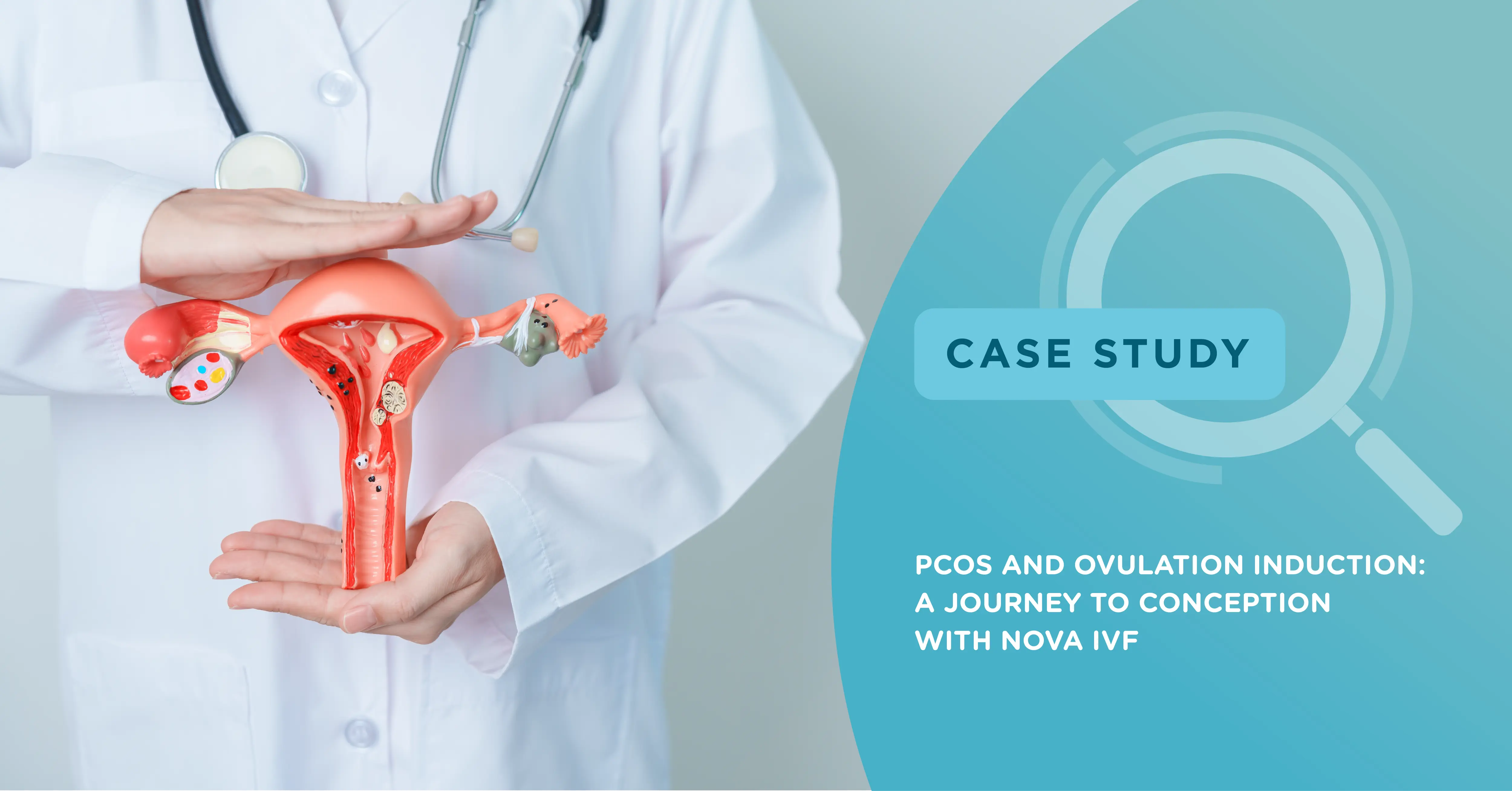
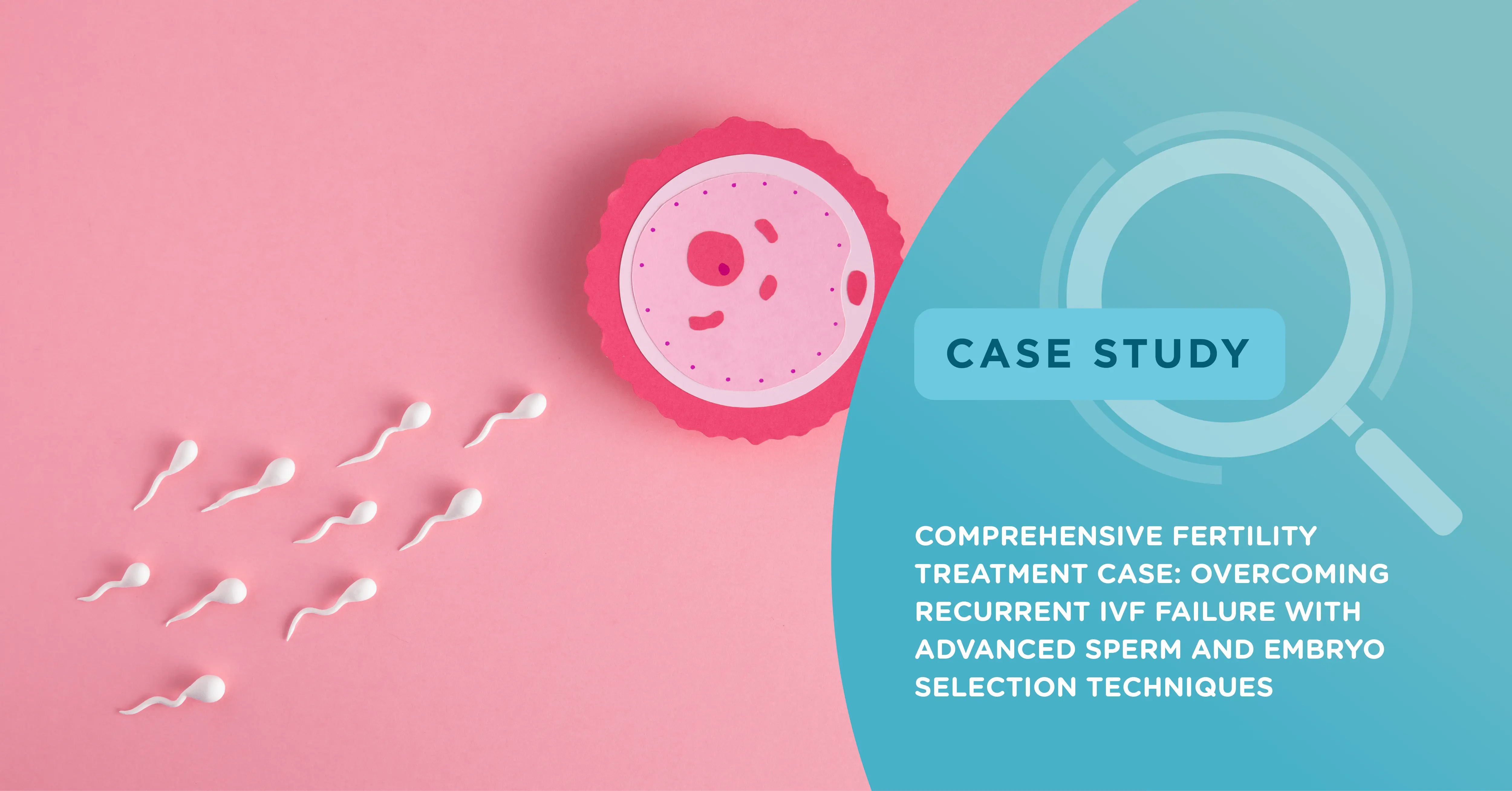
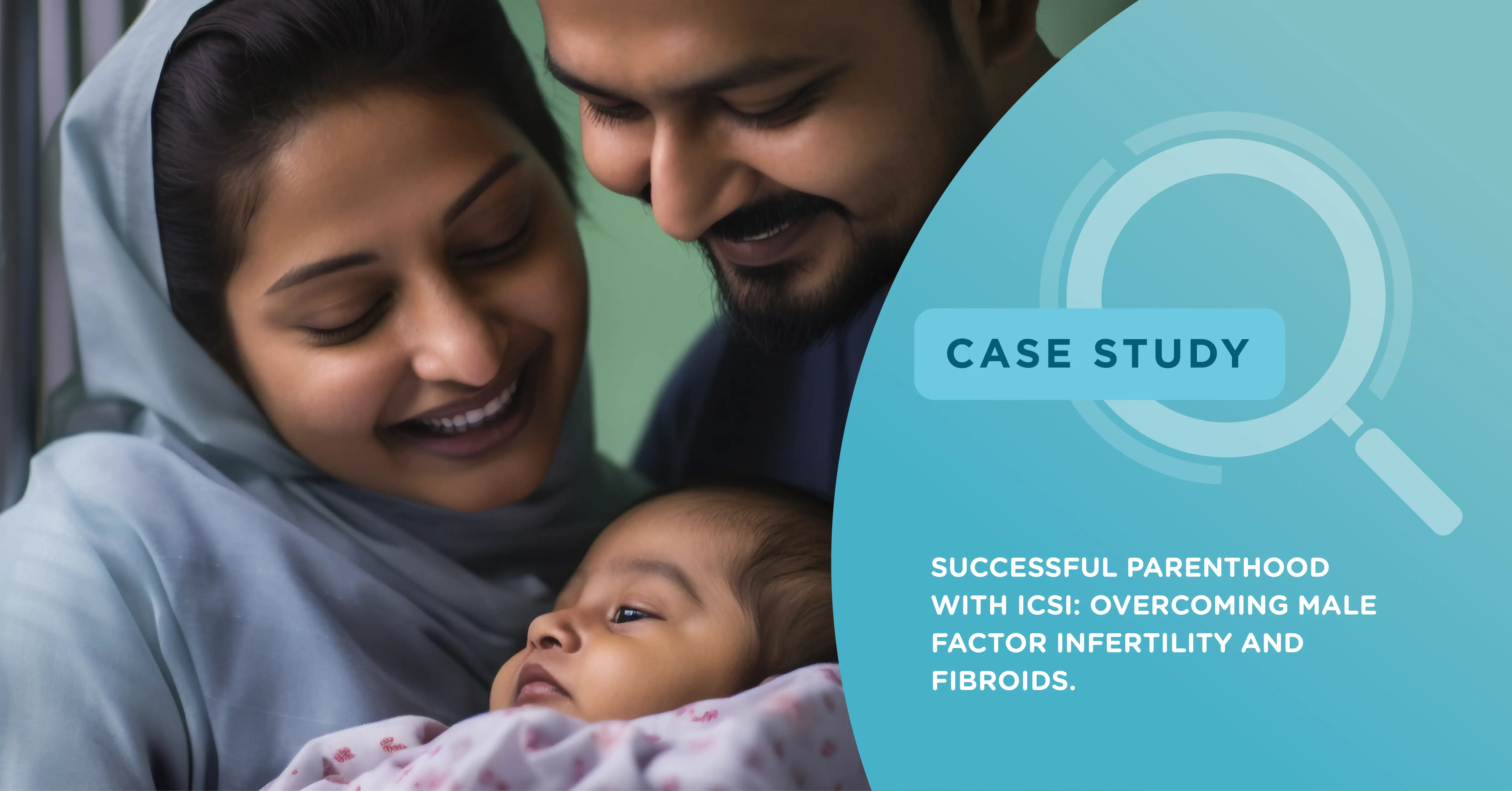
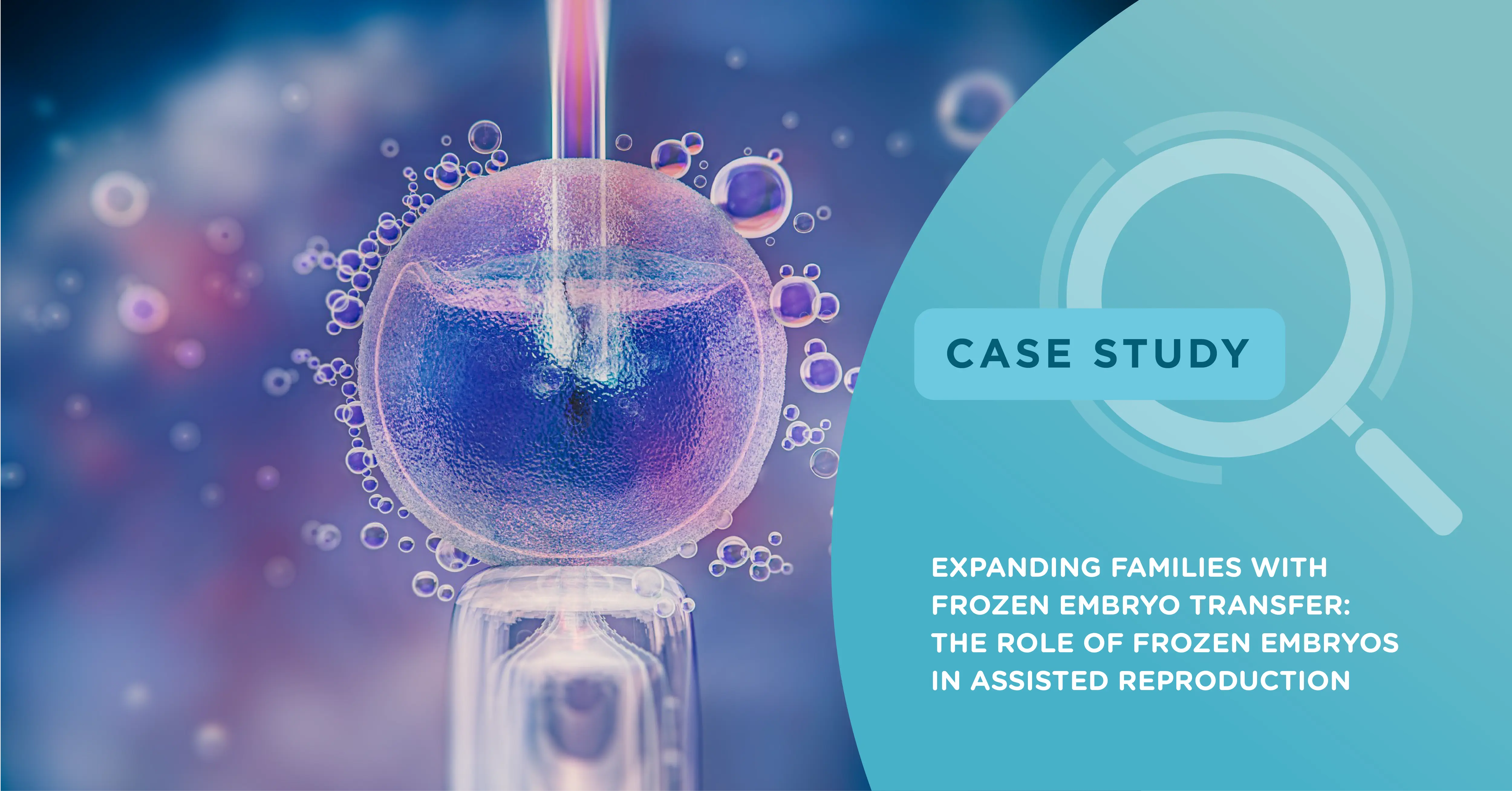

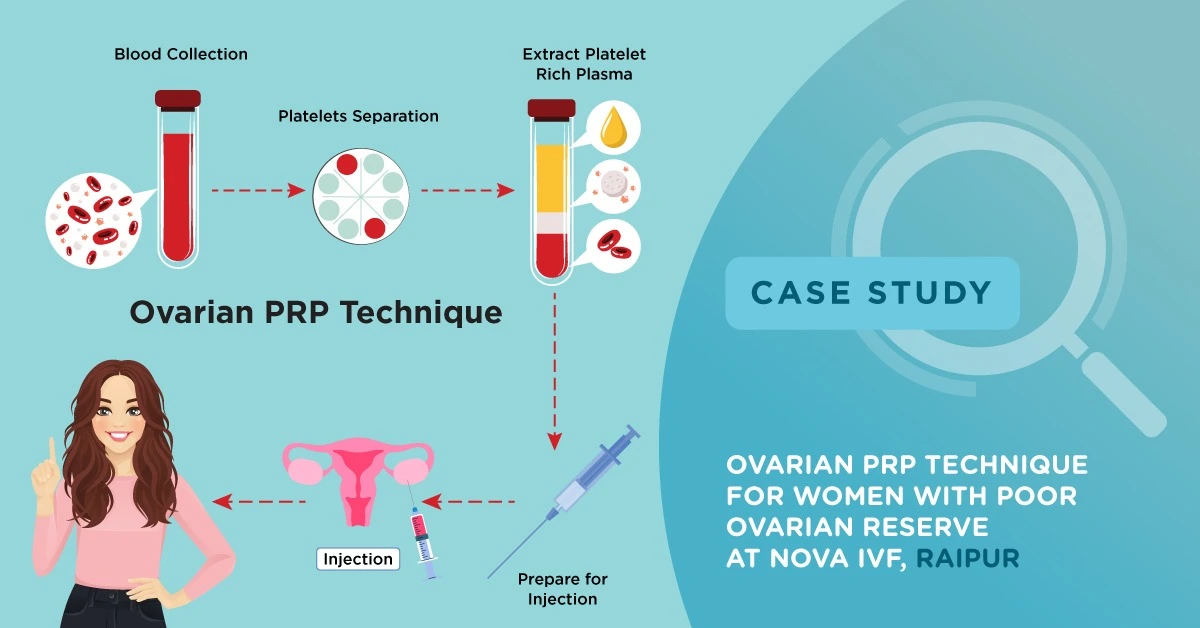
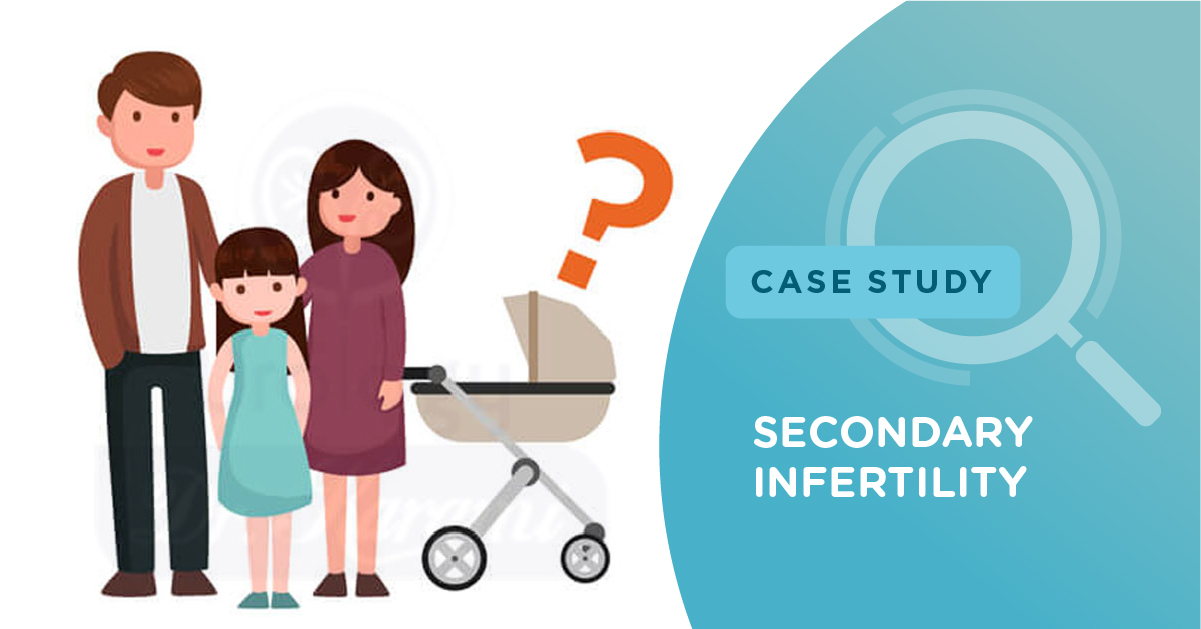
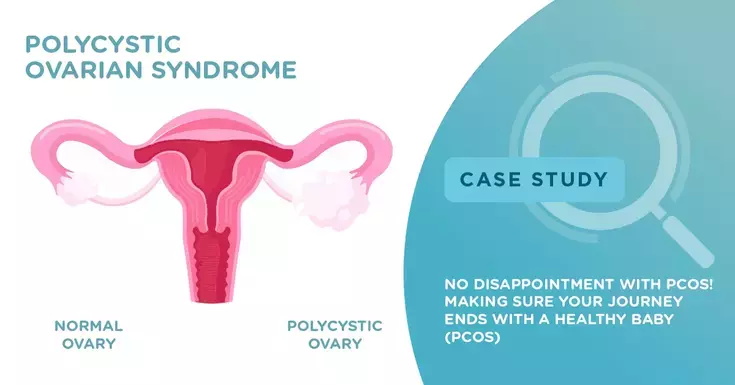






Add new comment